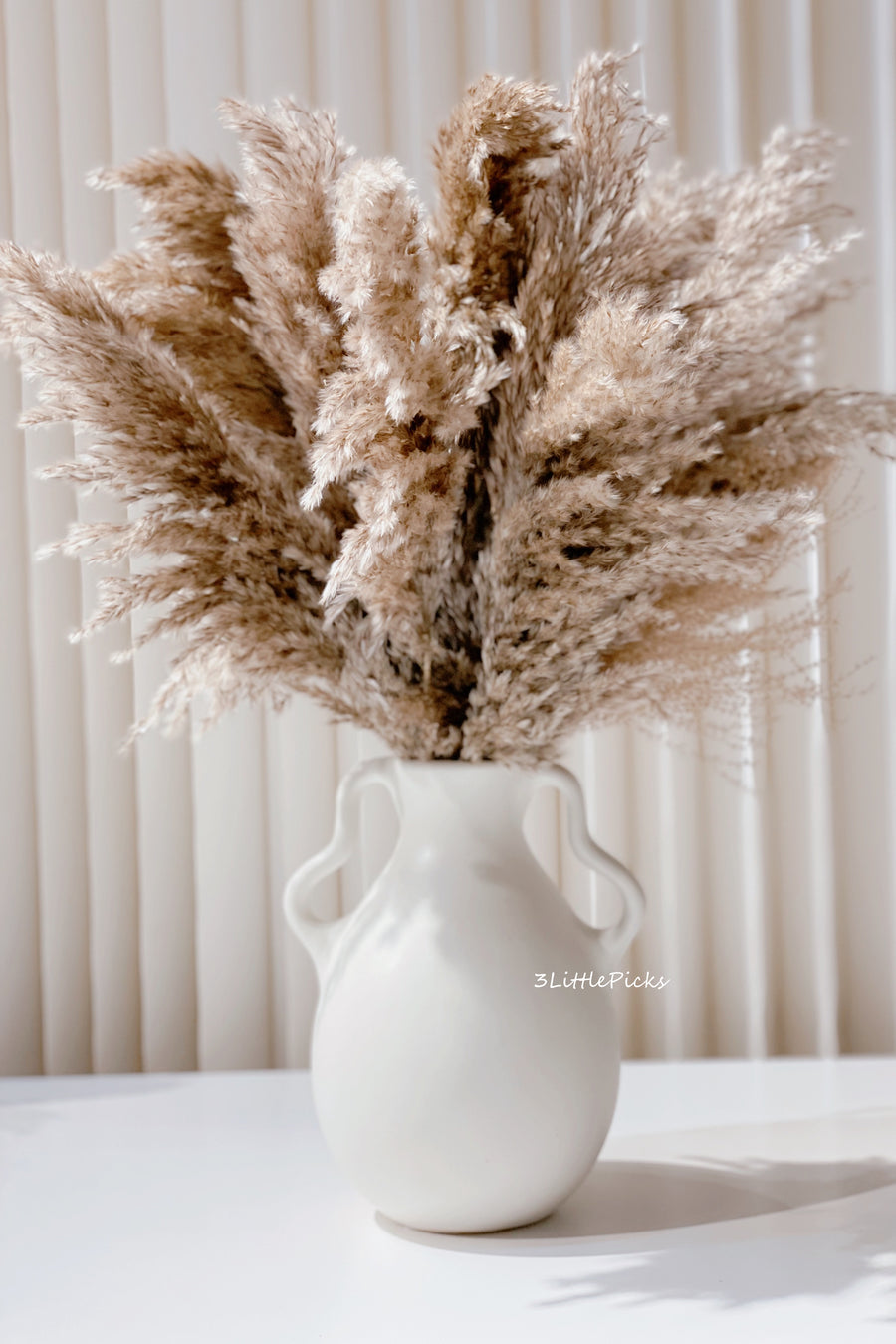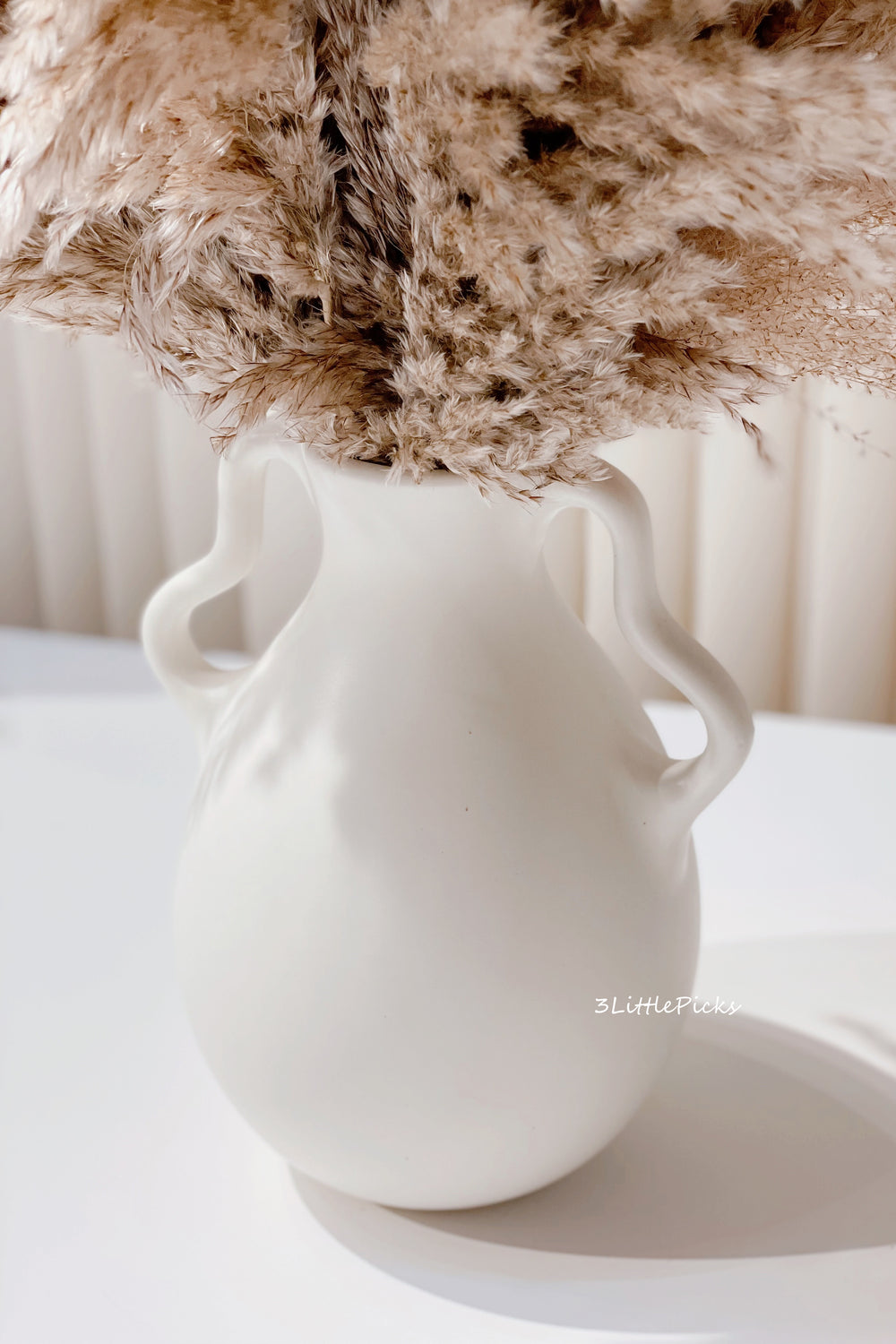When it comes to dinnerware, the material you choose can significantly impact your dining experience. Choosing the right material not only enhances the aesthetics of your table setting but also the durability, ease of maintenance, and overall functionality of your dinnerware.
With a myriad of options available in the market, making an informed decision can be overwhelming and challenging. In this post, we will present some basic principles as well as the pros and cons of each material that can aid you in purchasing the right dinnerware that meet your needs.
Know your different materials
Some of the most common types of dinnerware materials includes Porcelain, Melamine, Bone China, and Stoneware.
- Porcelain
Porcelain dinnerware is a superior choice that combines classic elegance with remarkable durability. Its non-porous surface ensures food purity and easy maintenance, making it a hygienic option for dining. Porcelain without any metallic details are typically safe for microwave, dishwasher and oven. But, those with metallic details such as golden rim are strictly not to be used with microwave, dishwasher or oven.
While it may require gentle handling, the aesthetic appeal, versatility, and timeless charm of porcelain make it a delightful addition to any dining table. Porcelain is translucent to varying degrees, but it may not achieve the level of transparency found in Bone China.


- Bone China
To create bone china, either china clay, china stone, bone ash, or a combination of the three is combined with porcelain clay and fired at a slightly lower temperature than porcelain. Due to the use of animal bone ashes, bone china tablewares can be a big concern for vegetarians, vegans, Muslims and other communities that avoid animal products.
Despite its delicate appearance, it stands as a robust form of porcelain with exceptional resistance against chipping. Its distinct advantage lies in being the most lightweight ceramic available, while also boasting microwave and dishwasher safety. Bone China’s non-porous surface resists absorption of odours, flavours, and stain, making it a hygienic choice for preserving food purity and cleanliness. It can elevate any table setting with a timeless sense of sophistication and luxury.
However, it is less ideal for households with young children or frequent outdoor use due to its delicate nature that requires careful handling. Using it for direct oven use is also discouraged due to the potential risk of cracking caused by sudden temperature changes.
Disclaimer, 3LittlePicks does not carry tablewares made of bone china.
- Melamine
Melamine dinnerware is a popular choice for its practicality and versality. Crafted from a durable and lightweight melamine resin, it is exceptionally resistant to breakage, making it an ideal choice for families with young children or for outdoor gatherings. Its lightweight construction makes melamine easy to handle and are available in a wide array of designs and colours to suit diverse styles and preferences. It is dishwasher safe but cannot withstand high temperatures and should not be used in ovens or microwaves. Hence, it may not be suitable for serving hot foods.


Bamboo Melamine
Bamboo Melamine dinnerware is a blend of melamine resin and Bamboo fibre which combines the strength of melamine with the eco-friendly properties of Bamboo. It is an excellent option for eco-conscious individuals looking to add a touch of nature to their dining experience as it retains the natural colour and texture of bamboo, giving it an organic and rustic appearance. It offers similar durability to Melamine, but may be more susceptible to chipping, especially in high-impact situations or with rough handling. Its bamboo component may be more prone to staining than regular Melamine as it can absorb colours from certain foods or liquids.

- Stoneware
Stoneware exhibits remarkable resilience, akin to feldspar porcelain, with variations in the clay composition and product thickness. It won’t break as easily as glass or porcelain. Its thick dimensions, coupled with subtle hues and matte glazing, imparts a rustic charm to dinnerware. With its excellent heat retention properties, stoneware is suitable for oven-to-table use and typically microwave and dishwasher safe. However, it may be relatively heavy and susceptible to glaze cracking under rapid temperature changes.














